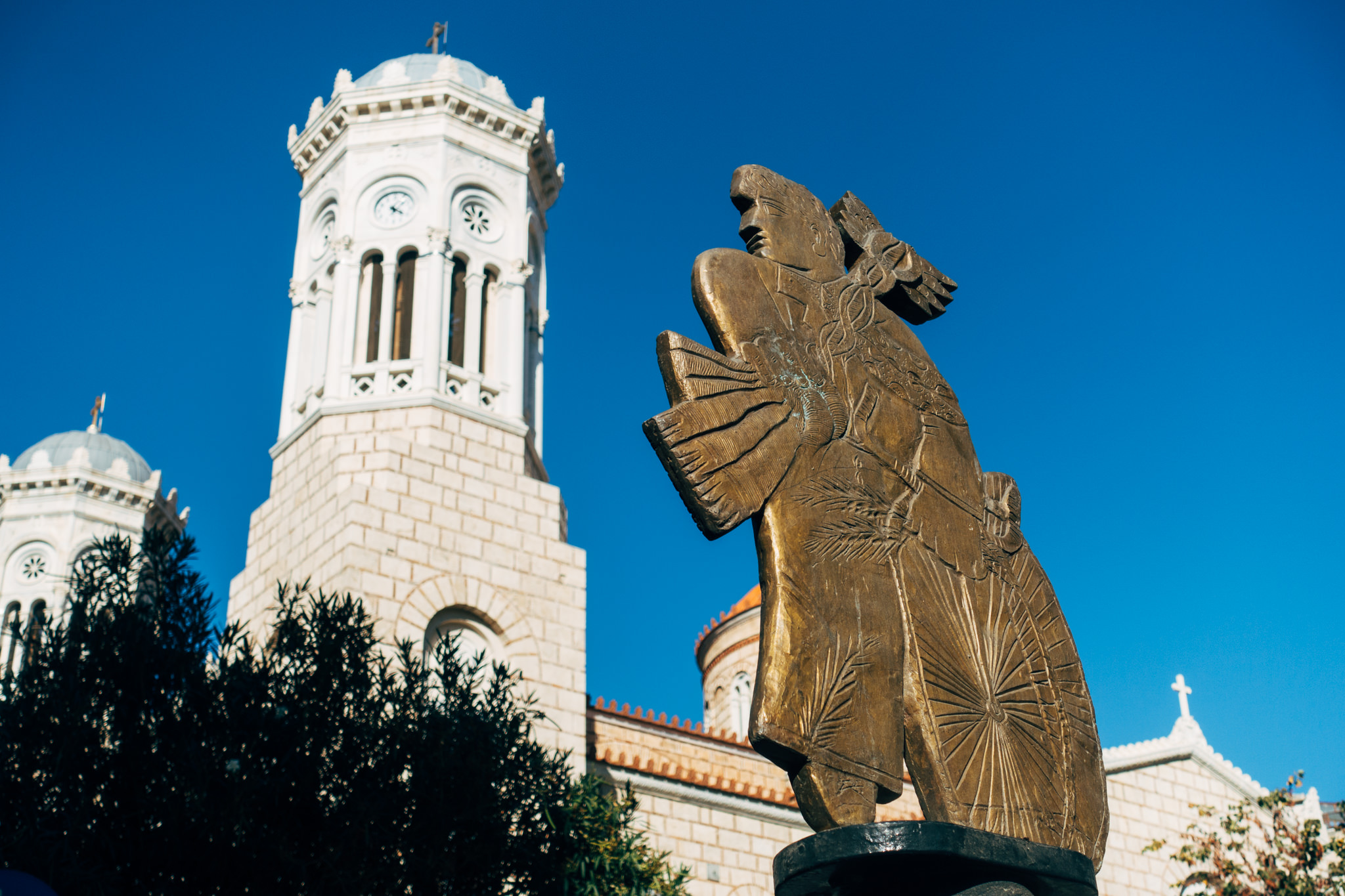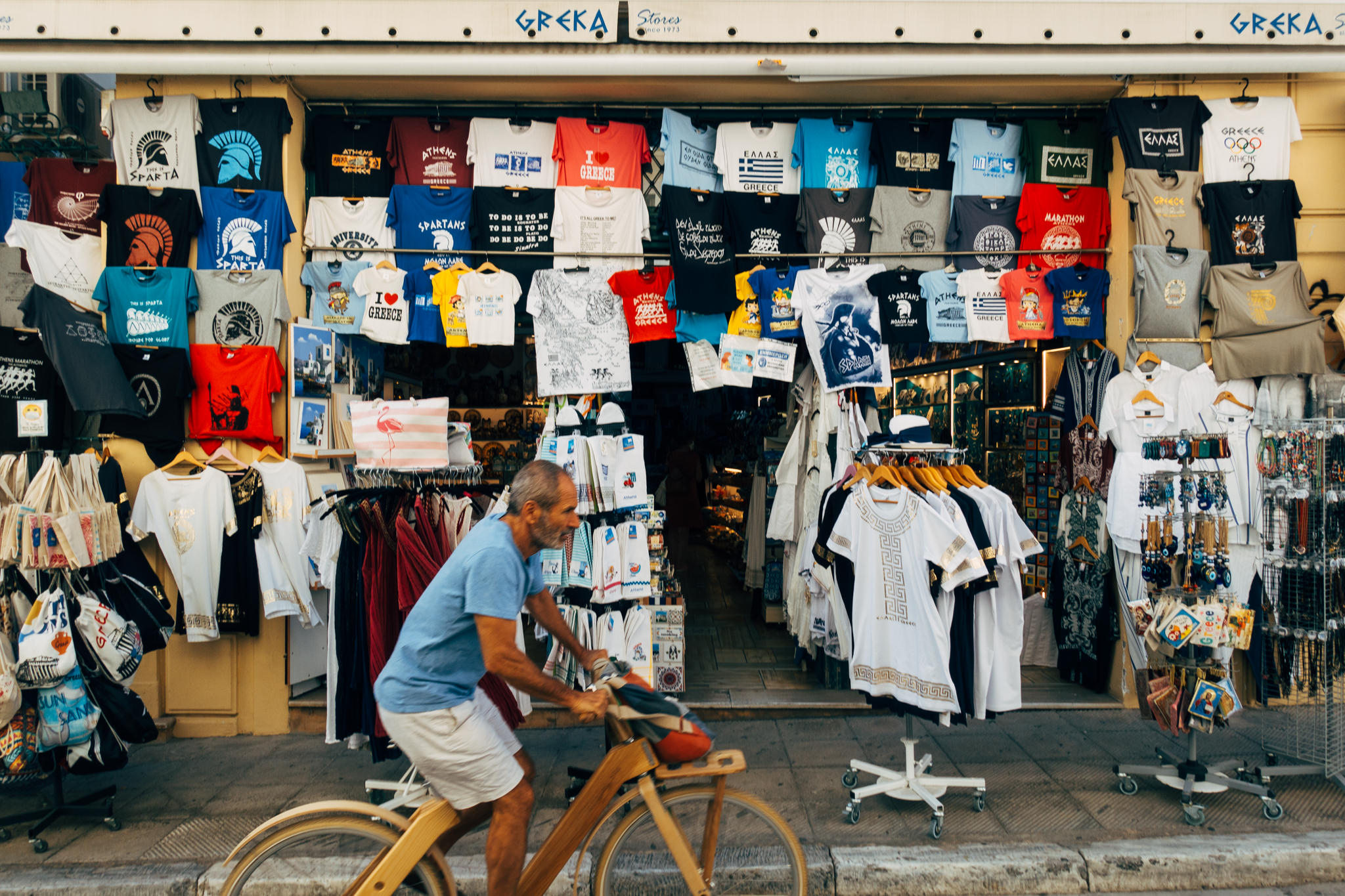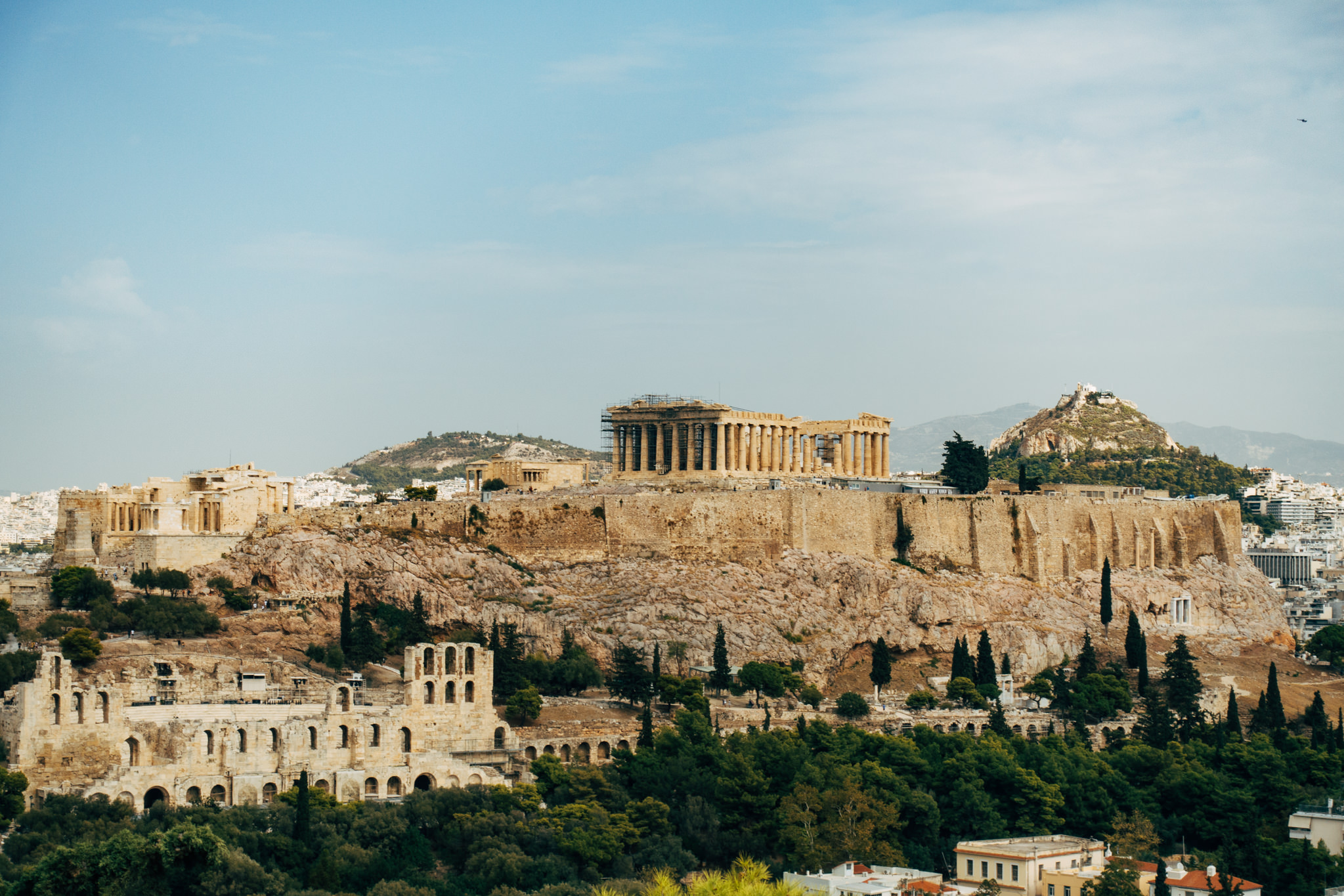Greece is a Mediterranean country in the southeast of Europe. The country borders on Turkey, Bulgaria, Northern Macedonia and Albania. The national territory also includes 3054 islands, about 82 percent of all islands of the Mediterranean Sea, which make up about 19 percent of the area of Greece. The largest and most famous islands are Crete, Euboea, Lesbos and Rhodes.
Ancient Greece is considered one of the early European advanced civilizations and brought forth, among other things, Attic democracy and philosophy. The Olympic Games also go back to Ancient Greece. The competitions were held in honor of the god Zeus and were first held in 776 BC. The first summer games of the modern age were held in Athens in 1896.
The Greek cuisine is one of the Mediterranean cuisines and is characterized by its variety of fresh ingredients. One of the most characteristic ingredients are olives, which can be found either as fruit or in the form of olive oil in many dishes.
Popular dishes are fasolada, a bean soup, moussaka, a casserole with fried potato slices, minced meat and eggplants fried in olive oil, souvlaki, meat skewers of different sizes, either with lamb or pork, and gyros is a sliced pork seasoned in the traditional Greek way.
Especially in restaurants, Greeks like to order a selection of small starters with which white bread is usually served. These include tzatsiki, a yoghurt dip with garlic, cucumber and olive oil, taramosalata, a fish roe paste, tirosalata, a cream of feta, fava, a well-seasoned pea puree with capers, onion and olive oil and Greek salad, a salad of tomato, cucumber, paprika, olives and sheep’s cheese. An ouzo, a clear spirit with a pronounced aniseed aroma, is often served with it.
Greek family names are most commonly patronymics. There are also surnames based on an occupation or location. Examples are Kritikos (from Crete), Papoutsis (shoe maker) or Samaras (saddle maker). Some names also go back to some physical characteristics, like Kontos (short) or Mytaras (large-nosed).










